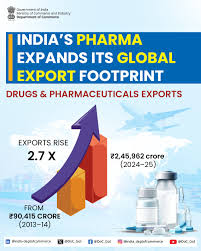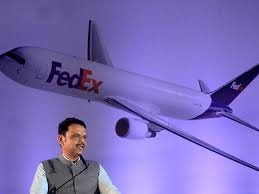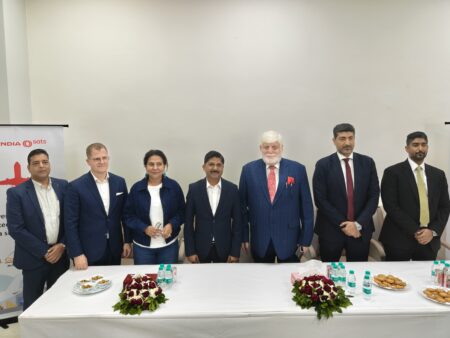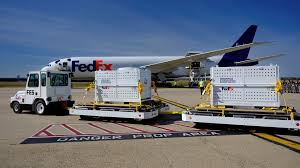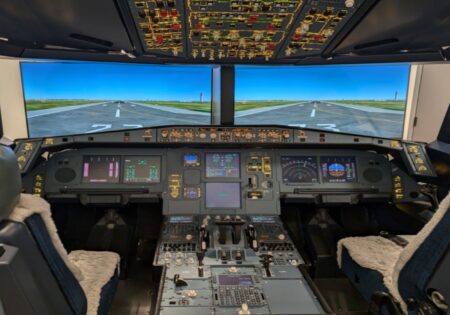Digitisation or digitalisation are the keywords that the cargo sector needs to adopt at a lightning speed for faster implementation and integration with various other systems, such as the government’s Unified Logistics Platform (ULP) scheme. Also with these, one will be able to process cargo much faster, plan loads much quicker and in a more efficient way. Keku Bomi Gazder, Managing Director & Chief Executive Officer, AVIAPRO LOGISTICS SERVICES speaks about the importance of cargo industry:
Q1. How do you perceive Air cargo’ growth in times to come? Will it be on the same growth trajectory (during pandemic) or will it slow down?
We are still not out of the pandemic as yet, though we are in a better situation comparatively. Growth will continue in future as well. Various indices which have come from the Government of India, particularly with regard to manufacturing index, are very positive. Given the current market situation, the growth trajectory will remain on the same path as before.
Q2. What is your take on airlines converting to preighters? Is it still required now when the circumstances are better than before?
Airlines turning to preighters is almost over now. Preighters had come in when there were capacity issues. Primarily when the passenger aircraft were idle. Now that the passenger flights are flying at full capacity, preighters are no longer required.
Q3. A lot of emphasis is laid on Sustainable Air Fuel (SAF) and Zero emissions. Your views on the same?
The world is moving towards SAF and India is not far behind, as some of the airlines have already taken various initiatives to work towards it. Considering the current cost of fuel in the market, most of the stakeholder’s viewpoint is to move to Net Zero.
Q4. ‘Digitisation’ and ‘Digitalisation’ are the keywords for the past two years. In your opinion, how vital are they in transforming the cargo sector more seamlessly and efficiently?
Since, I am heading the task pillar with regard to ACFI about knowledge and research, and one of the points is focussing on making our business both digitised and digitalised. Efforts are made to identify the bottlenecks at the moment. Celebi has already started with ECSD, and other stakeholders are being encouraged to move towards both digital and digitalisation. For this, the cooperation and support from all the stakeholders is required to understand the use of paper to undertake transactions. Digitisation is also important as we move to blockchain. One cannot do business without being digitised. Today maximum payments are done online, therefore, the cargo industry has to adopt it at the earliest. This requires faster speed of implementation and integration with various other systems, for example: Government’s Unified Logistics Platform (ULP) scheme. As we move towards digitisation and digitalisation, we will be able to process cargo much faster, plan loads much quicker and in a more efficient way. This is critical to move our business forward.
Q5. A major push is being given to the cargo sector by the government. What is your take on it?
During Covid, cargo has received recognition like never ever. Entire logistics eco-system has realised that all the stakeholders are doing business based on information from one another. In my opinion Krishi Udaan Scheme is the biggest example of why the government is emphasising on the cargo sector and is engaging itself with various associations and with the trade to understand what more can be done to boost cargo. We have to make India the ‘Transhipment Hub’ for the world. Growth will happen only when we understand the businesses of the other countries as well. The ecosystem to make India the transshipment hub is almost ready. We need to look at a few regulations that can be made more business friendly.


